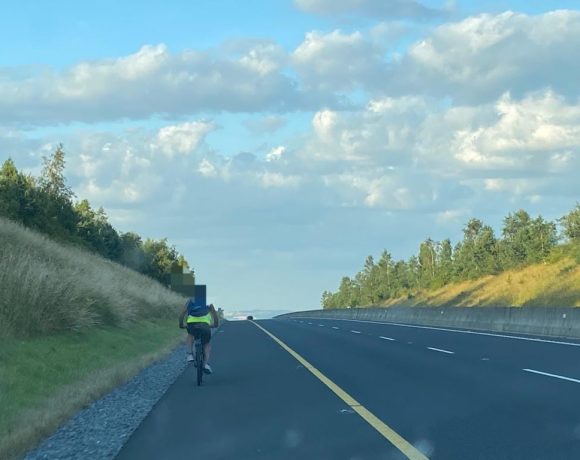MICHAEL WOLSEY: Farming is a mystery in the land of urban myths

WHERE does milk come from? Straight from the fridge, said 18 per cent of British schoolchildren interviewed for a recent study.
And they weren’t trying to be funny. Well, I suspect some of them were. But 40% of the children interviewed genuinely did not know that milk comes from cows.
It was clear from other answers that many of these kids had never seen cattle. When asked to illustrate the size of a cow, 10% compared it to a double-decker bus while a further 10 per cent thought it was about the same size as a cat.
This study was conducted last year for the chocolate firm, Cadbury. If you Google the right words you will find that it is just the latest in a string of perfectly respectable surveys producing equally bizarre answers from children in Britain.
Many of them believe that cheese comes from plants, tomatoes grow underground and fish fingers are made of chicken.
Some 26% of under-16s there think bacon comes from sheep, while 29% believe oats grow on trees.
I don’t think there is such ignorance in Ireland where it is impossible to make a journey of more than a few miles without passing fields filled with either crops or animals.
But in trawling through these surveys, I came across one commissioned by the Grow It Yourself people in Waterford which found that one in every seven Irish children believes that fruit and vegetables originate in supermarkets. So if we haven’t yet plumbed the British depths, we could be heading in that direction.
The gap of understanding between urban and rural dwellers is widening and that cannot be good.
Farmers have been trying to convince us that, if we want food of a high standard, we should be prepared to pay more for it. But they are fighting a losing battle when many of their customers have little or no idea how that food is produced.
The dispute at beef factories is a matter of mystery to most city folk – they would have a better grasp of the issues dividing North and South Korea.
The threads that join our urban and rural communities are unravelling. There was a time when most of us had, at very least, a relative in farming – an uncle, an auntie, a grandad . That is no longer true and there are fewer points of contact.
The National Ploughing Championships is the biggest agricultural event of the year. Will anyone who does not have a strong farming connection be among the crowds in Carlow? I doubt it.
When my children were young we lived in Dublin and we took them every year to the Spring Show at the RDS. It was as big an event for city folk as it was for farmers: a chance not only to see livestock but to actually handle farm animals – pet them, feed them even.
The demands of modern life drove the show from Dublin, where traffic got in the way of farmers delivering their livestock and made driving and parking a problem for visitors up from the country. The Ploughing has replaced it on the agricultural calendar.
I brought my children to the RDS but I do not bring my grandchildren to the Ploughing Championships.
The Ploughing is a real farming event, a venue for serious horse trading, both literal and figurative. There’s a lot of craic there too, no doubt, but it’s farming-type craic and lost on me. I just wouldn’t feel at home there and, besides, the farms where it is held are, for me, more trouble to reach than the entertainment is worth.
I have no doubt, though, that my grandchildren are losing out. If they grow up believing that eggs are produced by cows the size of a double-decker bus, I will have only myself to blame.




